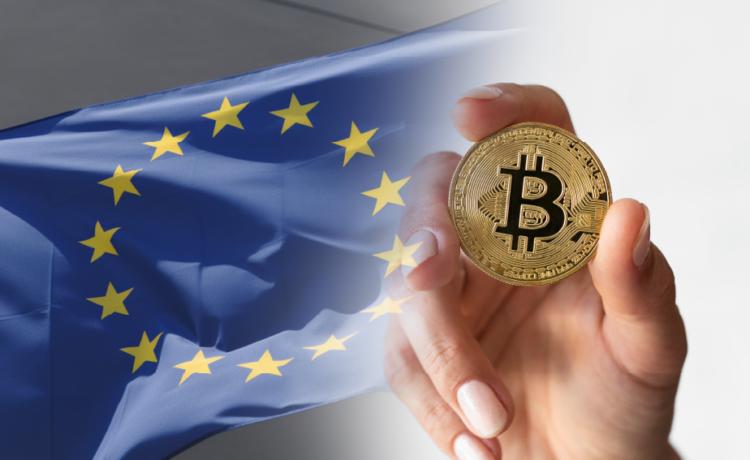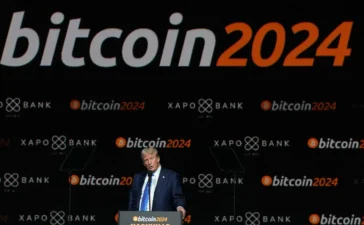The central bank digital currency must be usable offline from day 1 to safeguard privacy, the draft law says.
Paying interest on or surcharges for using a digital euro would be banned under a draft law seen by CoinDesk, and set to be proposed by the European Commission on June 28.
The proposed central bank digital currency (CBDC) would have to be available for cash-style offline payments from day one, and users shouldn’t be able to program it to limit onward use, the leaked bill said.
“The digital euro shall be available for both online and offline digital euro payment transactions as of the first issuance of the digital euro,” said the text viewed by CoinDesk. The level of privacy for offline, face-to-face use should be “comparable” to withdrawing banknotes at an ATM, it said.
For offline transactions, “neither the European Central Bank nor the payment services providers will gain access to personal transaction data,” though banks who distribute the currency can send financial crime authorities details of how accounts are funded if they suspect money laundering.
Privacy emerged as the number one area of public concern in a 2021 ECB survey, with precedents from China leading many to worry a CBDC could lead to large-scale state snooping.
The EU is one of several jurisdictions worldwide, including the U.S. and U.K., considering whether to issue fiat currency in digital form. After a long period of investigation, the ECB is set to take a decision on whether to press ahead with the CBDC later this year, though executive board member Fabio Panetta has said a decision on proceeding should be a political one rather than for central bankers alone.
Any legislation needed to underpin the CBDC would have to be agreed by the European Parliament, where lawmakers have proved somewhat skeptical, and governments who meet in a body called the Council, who seem unlikely to nix the project all together.
“The Council will not decide or formulate a joint opinion on whether a digital euro should be introduced, at least not in any near future,” a senior EU official, speaking on condition of anonymity, said ahead of talks that are set to continue Thursday. “I would not expect the ECB to go forward against a very skeptical bunch of ministers.”
Mandatory acceptance
As legal tender, the draft law says, shops would have to accept digital euro and not impose any surcharge for using it, unless they are very small businesses or have some other good-faith reason for declining, such as a power outage.
The CBDC “shall not be programmable,” the text added, following concerns that giving the ability to control how given funds are usedcould limit the freely usable nature of fiat currency.
The text also sets out measures to stop people using digital euro accounts as alternatives to commercial bank savings. Holdings cannot bear interest, and the ECB will be able to impose further controls. Panetta has already said individuals should be limited to holding about 3,000 euros ($3,250) to ensure it is primarily used for day-to-day payments.
“The digital euro settlement infrastructure should seek to ensure adaptation to new technologies, including distributed ledger technology,” the law says – though the ECB has not yet committed to using blockchain to underpin the CBDC.
A version of the draft seen by CoinDesk is set to be approved by the commission at a June 28 meeting, alongside a proposal on the legal status of cash, according to a schedule published by the EU’s executive branch.
Original source: https://www.coindesk.com/policy/2023/06/15/eus-leaked-digital-euro-bill-outlaws-interest-large-holdings-programmability/














